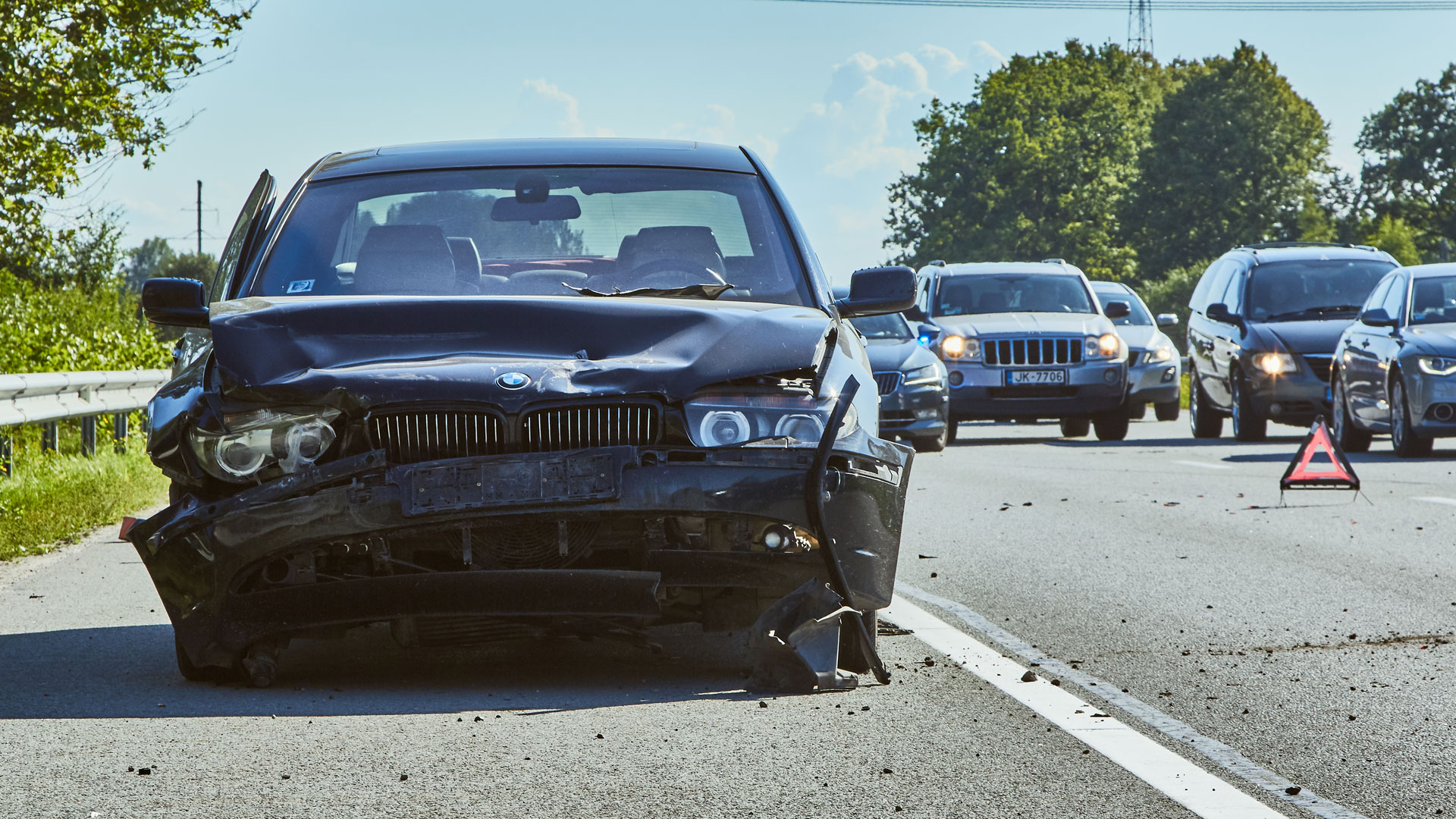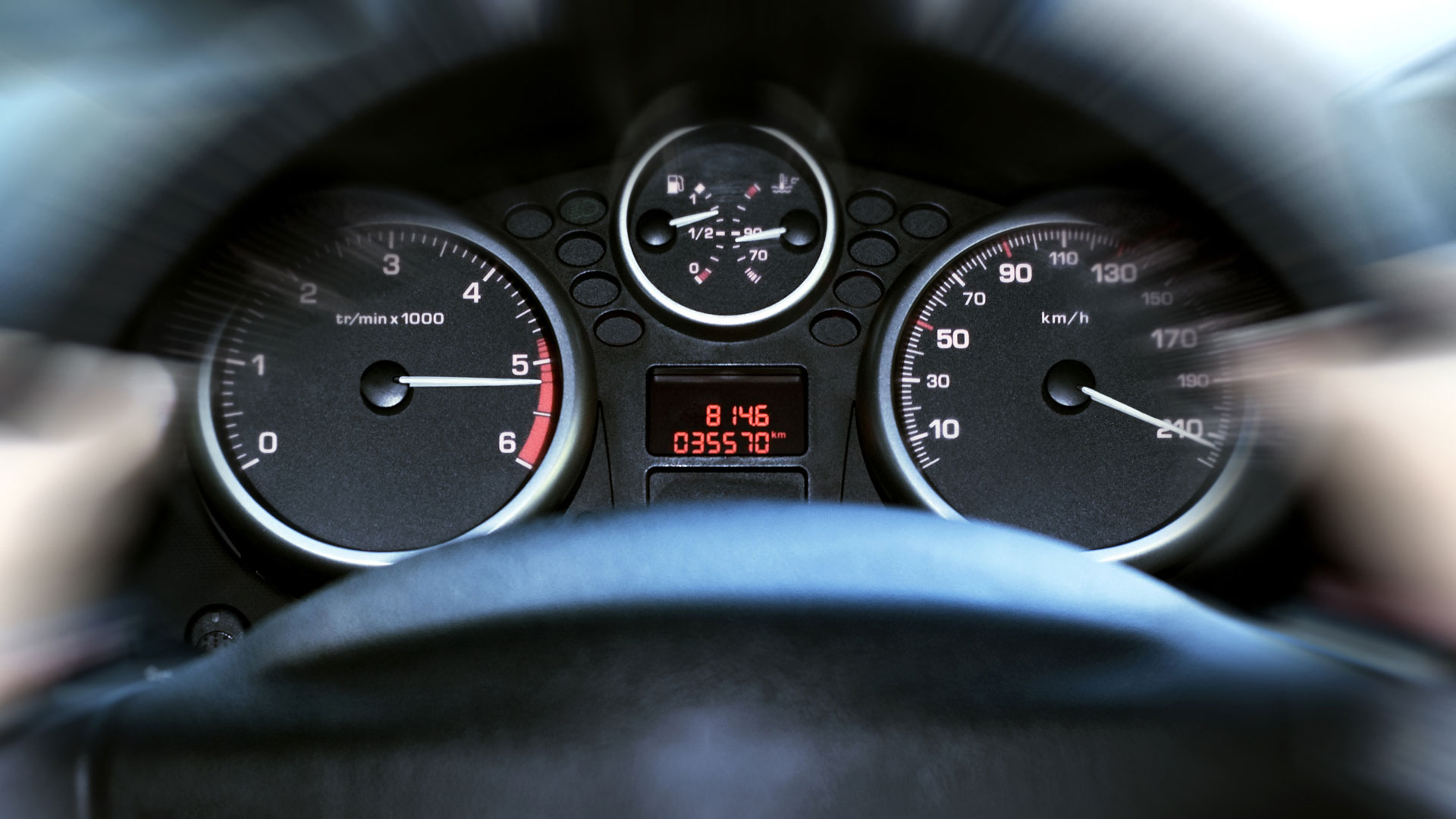 Speeding is the riskiest form of aggressive driving, according to a university in Ontario, Canada.
Speeding is the riskiest form of aggressive driving, according to a university in Ontario, Canada.
Researchers at the University of Waterloo studied data from 28 million trips to identify possible links between bad driving and the likelihood of a crash.
The analysis revealed that speeding is a strong predictor of crashes, but links for the other kinds of aggressive driving – hard braking, hard acceleration and hard cornering – couldn’t be established.
Researchers used data from insurance companies in Ontario and Texas to identify 28 crashes based on indicators such as rapid deceleration. Each vehicle was then matched with 20 control vehicles that not been involved in a crash but had similar characteristics, such as location and driving distance.
When the crashes were compared to the control cases, speeding emerged as the key difference between them.

Used effectively, this data could be used to transform the way insurance companies calculate annual premiums. At present, the price is based on a number of factors, including age, location, use and engine size.
Analysis of telematics data could deliver highly personalised premiums based on actual driving behaviour. If a driver spends a high proportion of their time breaking the speed limit, the following year’s premium could rise.
Slower driving could be rewarded with a reduced premium.
‘Always-on’, always watching
Of course, having an ‘always-on’ telematics device in the car raises privacy concerns. Not only will your insurance company know when a policyholder has driven too fast, they will also know where they have been, the route they take to work and even their choice of radio station.
Telematics are nothing new: the fleet industry uses devices to track drivers and vehicles, while young motorists save an average £151.25 with ‘black box car insurance’.
Research by RAC Business found that 40 percent of businesses faced staff concerns about privacy, which is why it launched a personal key fob to allow workers to turn off telematics when they’re not driving for work.

‘We are super pumped’
From a wider perspective, Allaa Hilal, an adjunct professor of electrical and computer engineering, believes the data could be used to make roads safer by giving drivers tangible evidence that speed is a primary contributor to crashes.
“Some of the results are no surprise, but prior to this we had a whole industry based on intuition,” said Hilal. “Now it is formulated – we know aggressive driving has an impact.”
“Having this information exposed and understood allows people to wrap their minds around their true risks and improve their driving behaviours. We are super pumped about its potential.”
Stefan Steiner, a statistics professor at Waterloo University, said that the study was “limited by several unknowns” and more research is required to verify the results.
The above article from the University of Ontario was found from a link saying “Speeding drivers most likely to crash’. The first line of the article says somethng different, that its ‘the riskiest form of aggressive driving’.
That could be the case in Canada, but here in the UK it is a different story.
As a Highway Engineer I have access to an Accident Database which has been recording all Slight, Serious or Fatal road traffic collisions across the UK since 1990.
Of all the incidents I have had to review in the course of my work, the main contributor to collisions is the driver being classed as ‘innatentive or lack of observation’.
From the Department for Transports (DfT) own web site, it states that approx 5% of collisions are directly caused by speeding which is at odds with the .
Again from the DfT a review of all the 2018 – maybe 2017 – collisions in the UK, a new type of collision was observed. Those caused by vehicles travelling too slowly! This causes driver frustration which can lead to unsafe manouvres to get by.
I have heard a Police Officer in a meeting – when questioned on the cause of a collision – use the words “speed was a factor in the collision”. This is somewhat misleading, as other ‘factors’ include the time, weather conditions, etc.
From my 30+ years in the industry I follow the ‘go with the flow’ doctrine, coupled with keeping a decent gap in front and all round observation.
To qualify me, I’ve never had a speeding ticket, or crashed any of my cars, which are generally the sports variety, including a 911. However, I am touching the wood on this desk very carefully !